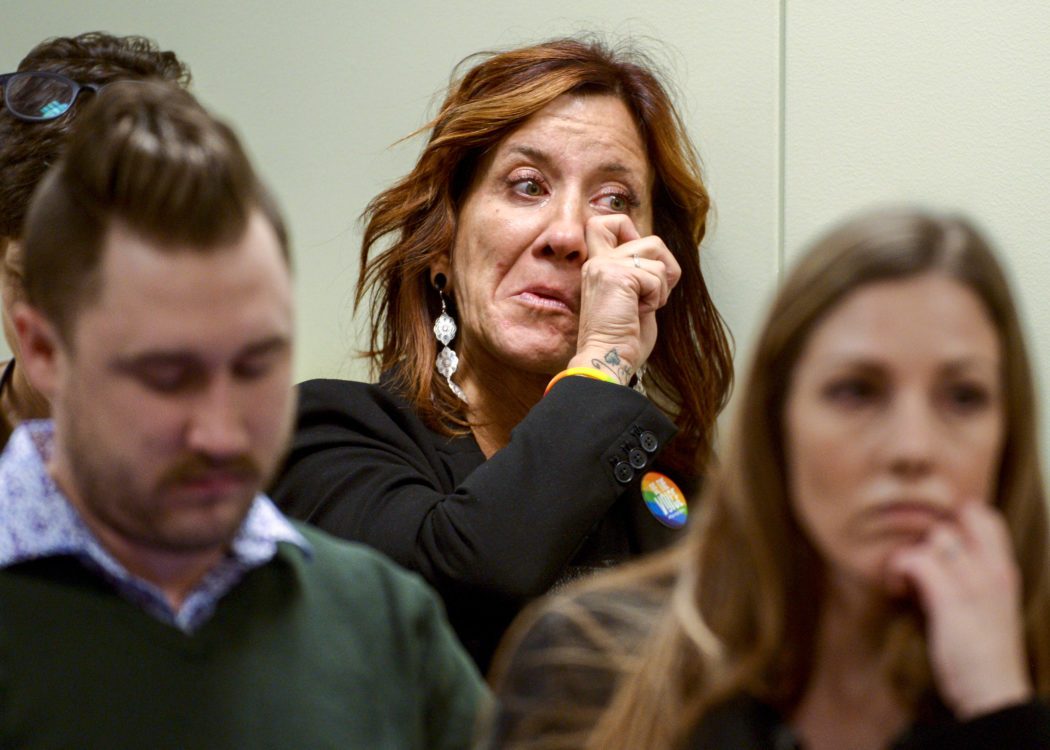USU students impacted by statewide conversion therapy bill
Eri Ethington, a transgender student at Utah State University, was heartbroken as she watched a bill proposing to ban conversion therapy die in the Utah Legislature.
“Watching elected officials, people who are supposed to be safeguarding the welfare of the people of Utah, corrupt a proposed law into an endorsement of torturing LGBTQ children was horrible,” Ethington said.
The bill, proposed by Rep. Craig Hall, R-West Valley City originally aimed to ban state-licensed therapists from practices intended to change sexual orientation or gender identity of minors. The revised bill did not address conversion therapy regarding gender identity and focuses specifically on prohibiting practices that would cause physical distress. After the series of revisions, Hall said he could no longer support his own bill.
After coming out in high school, Ethington was sent to conversion therapy, the practice of trying to change an individual’s sexual orientation or gender identity through a variety of different techniques. The scientific consensus on conversion therapy asserts the practice is ineffective, and conversion therapy has been labeled as pseudoscience.
“When I came out in high school, I was sent to LDS Family Services to get ‘fixed,’” Ethington said. “The therapist told me that I was risking my soul by ‘choosing’ to be this way, and told both me and my parents that if I didn’t attend a special camp where I would be isolated from friends and family for several months to change who I was, then I would be dead within a few years because God doesn’t look favorably on LGBTQ people.”
Ethington said she told her family after a few sessions that she would not go back and was then kicked out of the house, living homeless for several months of high school.
“It’s devastating to have your support structures ripped away from you in that room, to be told your family, friends, church and beliefs will all be stripped from you just because you are a little different from other people,” Ethington said. “It took a long time to recover from that abuse and rebuild my world.”
Even now, as an adult almost a decade later, Ethington said she sometimes still wakes up “in a panic.” She is not alone.
“I’ve had other friends who went through the electroshock and vomit-inducing programs, and recovering from it and learning to love themselves has been even more difficult for them,” Ethington said.
She said the Facebook group for Utah survivors of conversion therapy that she is a part of welcomes new members every year, including teens who have experienced homelessness or suicidal ideation after undergoing the therapy.
“Honestly, unless you’ve been through it yourself, it’s impossible to describe the physical and mental toll, the torture, of going through that process – whether it involves physical torture or not,” Ethington said. “But because these are children, most people don’t see it or know it’s still happening.”
Ethington plans to study social work and work with LGBTQ youth.
@naomiyokoward
naomiyokoward@aggiemail.usu.edu

